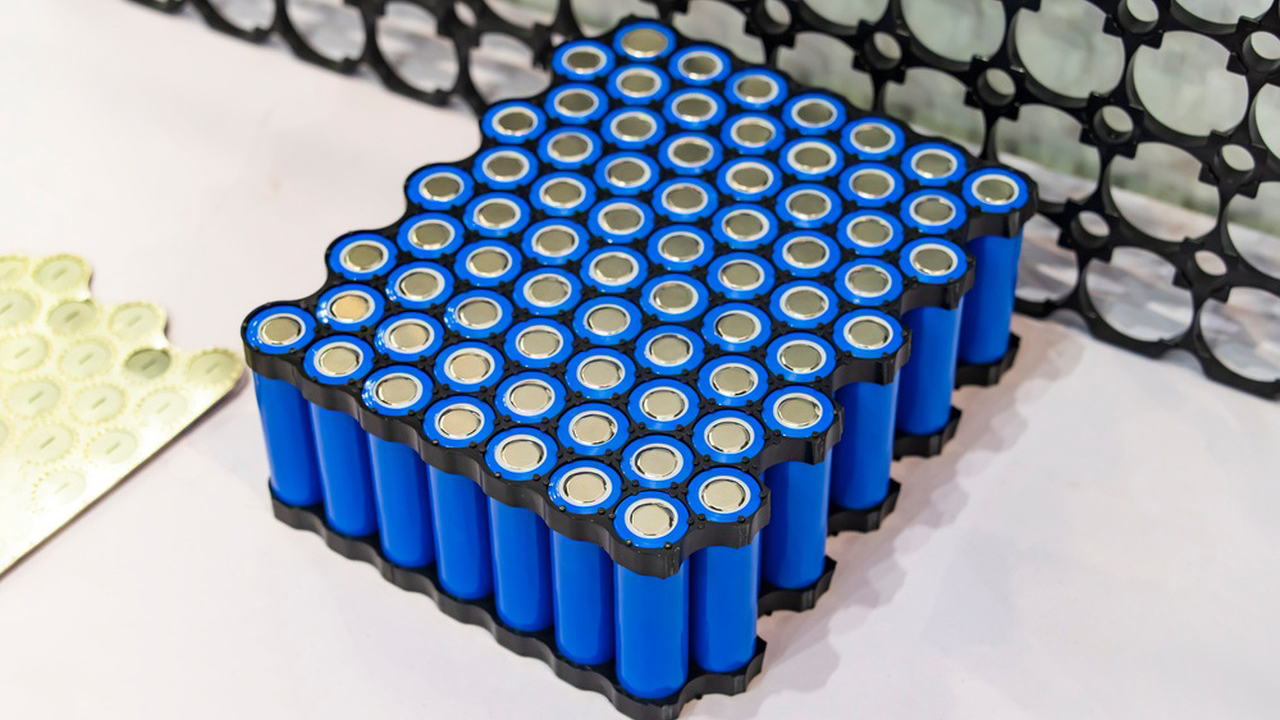Lithium-ion batteries boast several advantages such as high energy density, long cycle life, low self-discharge rate, no memory effect, and environmental friendliness. These benefits position lithium-ion batteries as a promising option in the energy storage sector. Currently, lithium-ion battery technology encompasses various types including lithium cobalt oxide, lithium manganate, lithium iron phosphate, and lithium titanate. Considering market application prospects and technology maturity, lithium iron phosphate batteries are highly recommended for energy storage applications.
The development and application of lithium-ion battery technology are thriving, with market demand continuously rising. As a critical application of this technology, battery energy storage systems have emerged to meet various needs, including small-scale household energy storage, large-scale industrial and commercial energy storage, and ultra-large energy storage power stations. Large-scale energy storage systems play a vital role in future new energy systems and smart grids, with energy storage batteries being central to these systems.
Electric energy storage systems function similarly to batteries and have numerous applications such as power systems for power stations, backup power for communication base stations, and data centers. The backup power technology and power battery technology for communication base stations and data centers fall under DC technology, which is simpler than power battery technology. Energy storage technology is more comprehensive, encompassing not only DC technology but also converter technology, grid access technology, and grid dispatch control technology.
Currently, the energy storage industry lacks a clear definition of electric energy storage, but an energy storage system should possess two characteristics:
1.The ability to participate in grid scheduling (or the capacity to feed energy from the storage system back to the main grid).
2.Lower performance requirements compared to power lithium batteries.
Presently, domestic lithium-ion battery companies typically do not have dedicated energy storage R&D teams. Research and development for energy storage are often handled by the power lithium battery team during their spare time. Even when there are independent energy storage R&D teams, they are generally smaller than the power teams. Compared to power lithium batteries, energy storage systems are designed with high voltage (typically according to 1Vdc requirements), and the batteries involve multiple series and parallel connections. Therefore, ensuring electrical safety and monitoring the battery status in energy storage systems are more complex, necessitating specialized personnel for research and resolution.
Post time: May-17-2024








